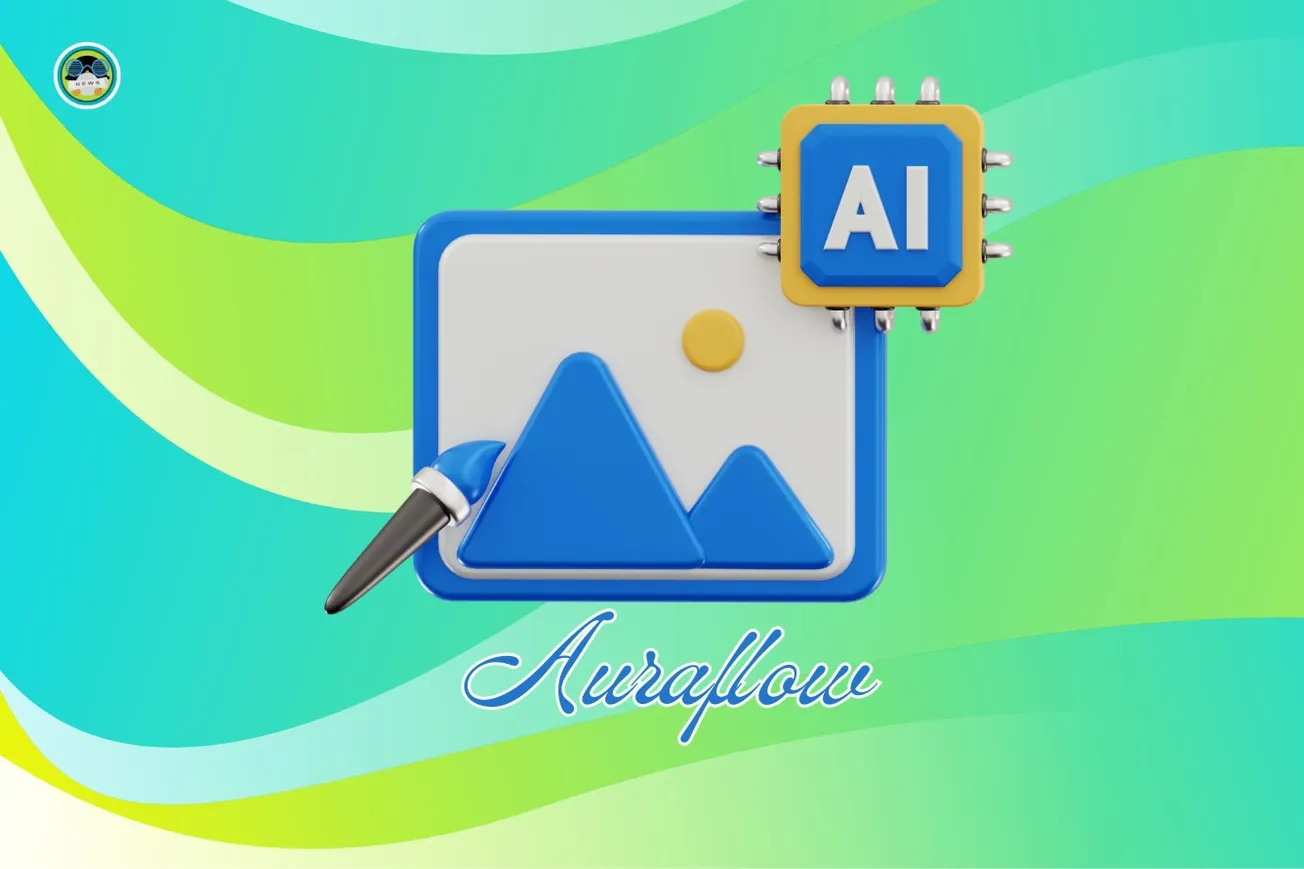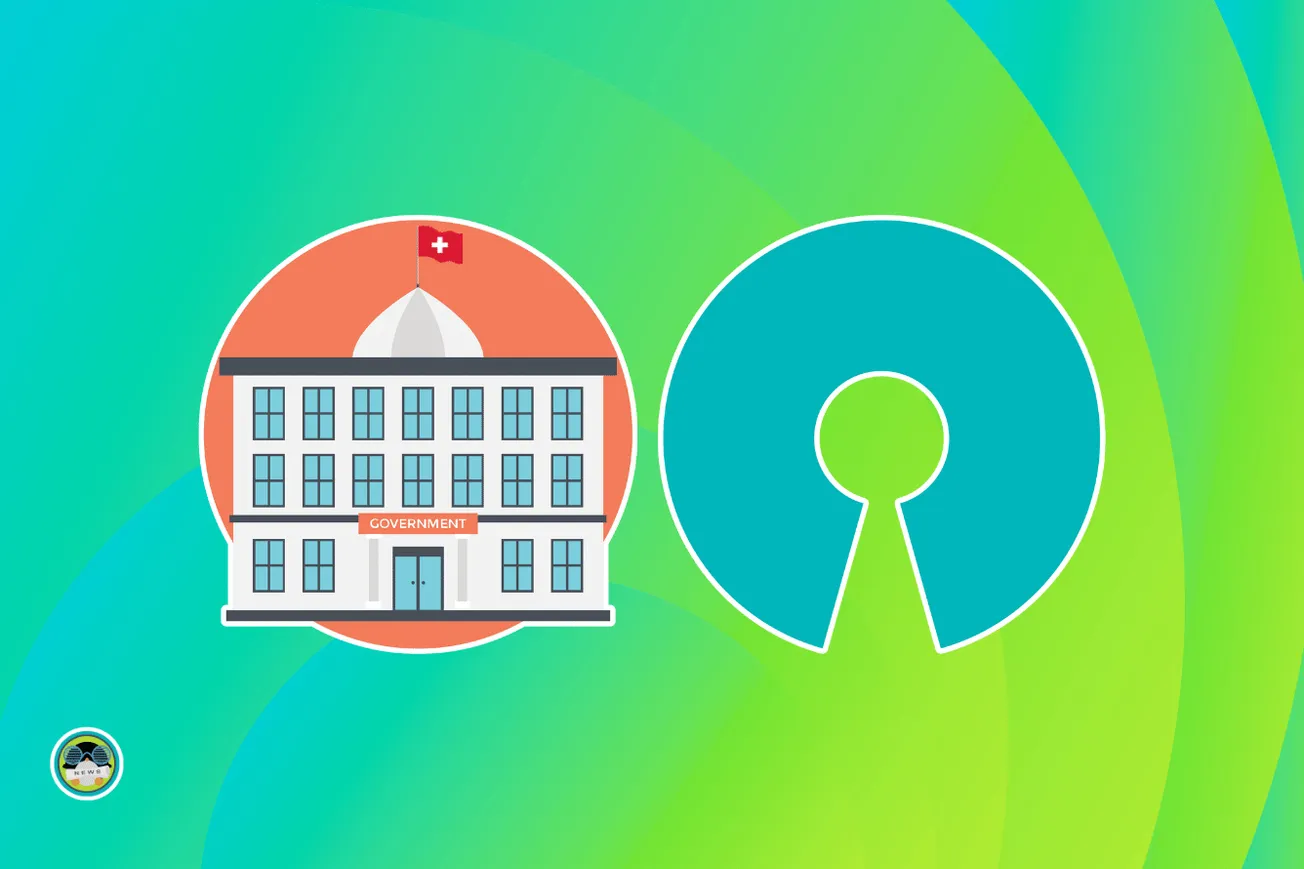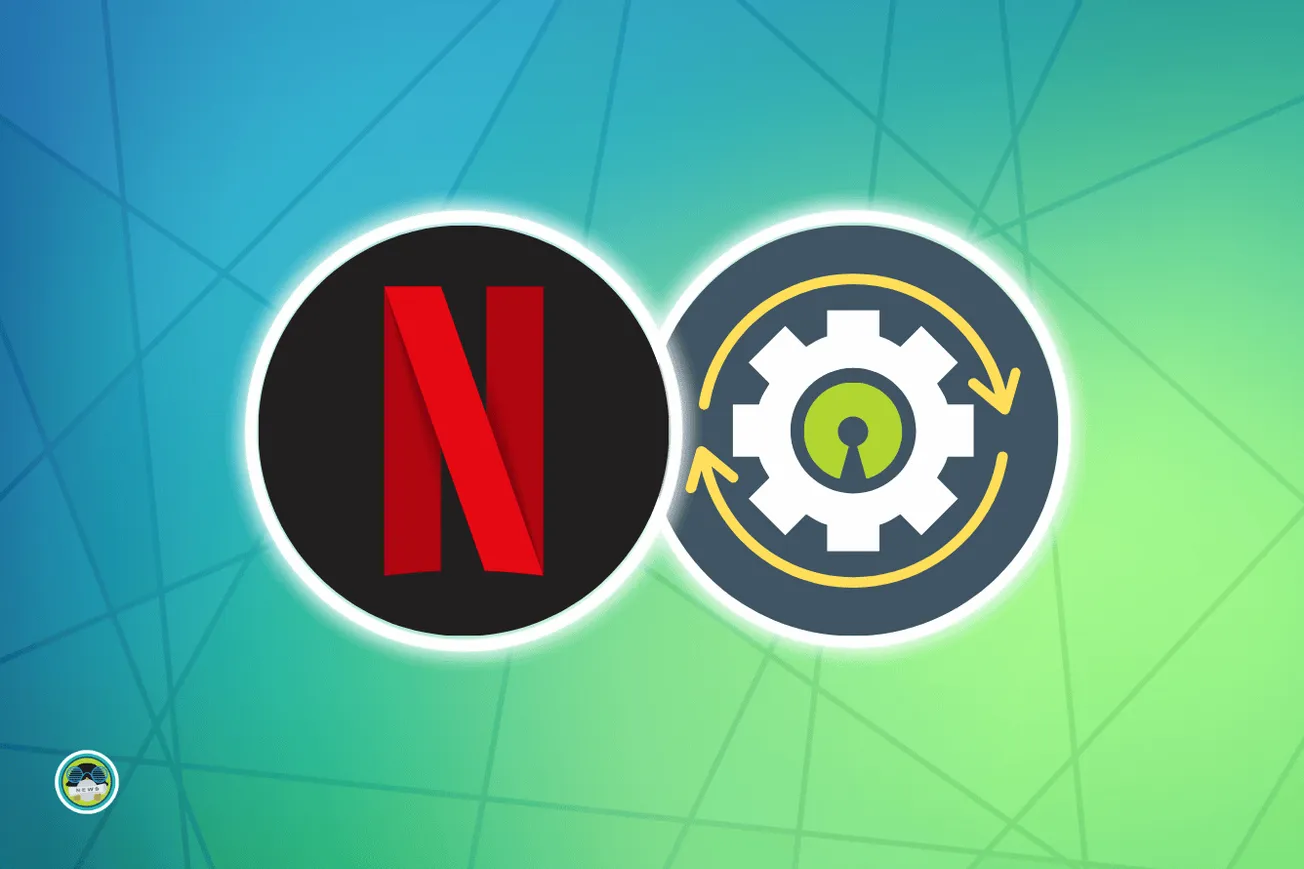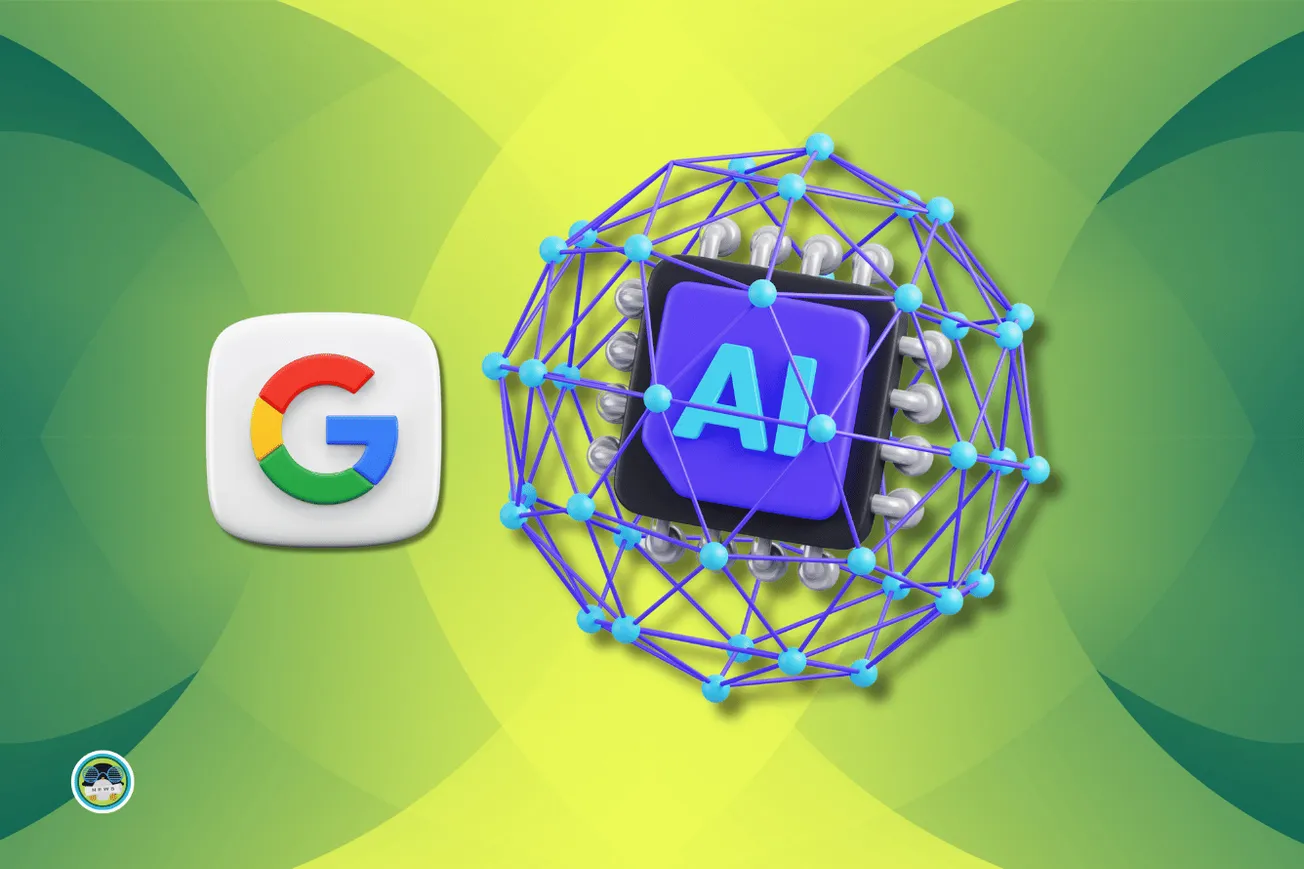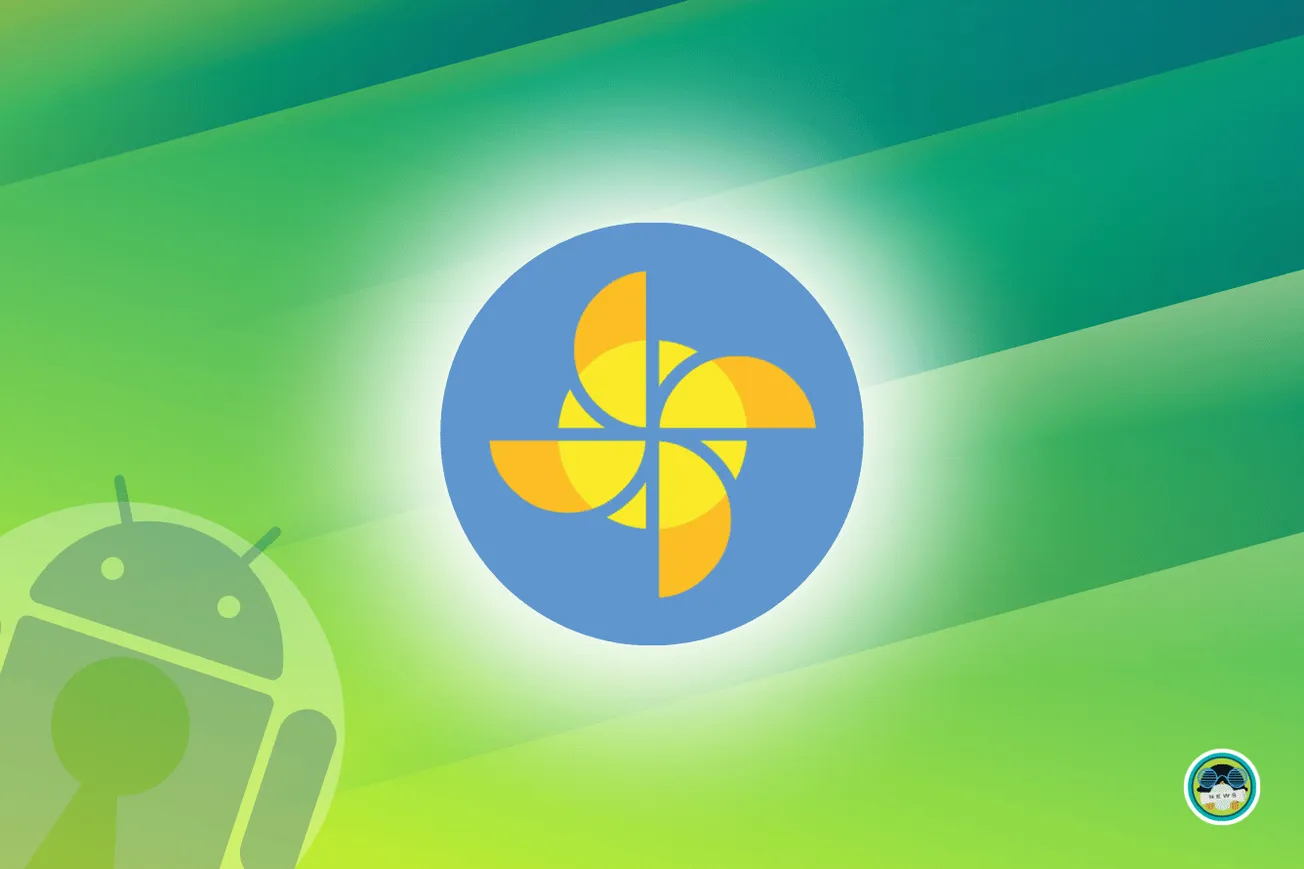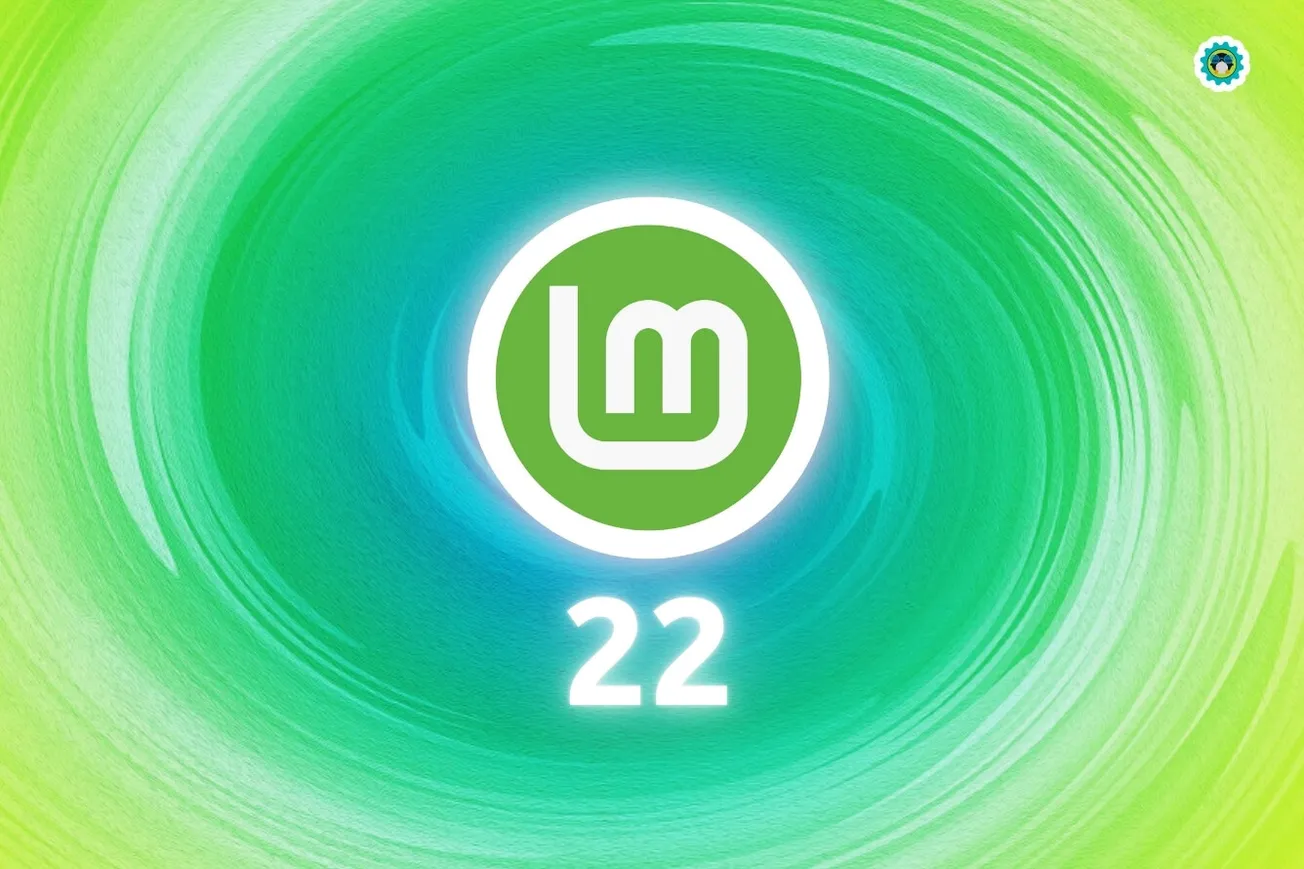
Meta (formerly known as Facebook) has made quite a splash in the open-source world. If you did not know, Meta works on various research and innovative projects like React (a JavaScript library) apart from focusing on the metaverse and its social media platforms.
Researchers at Meta have decided to open-source one such project, an AI model called ‘No Language Left Behind‘.
Meta’s Attempt To Leave No Language Behind
While around 7000 languages are spoken in the world today, most of the online content is available in a handful of popular languages like English. This leaves many people who don’t know such languages at a disadvantage.
While many tools exist for translation, grammatical errors can make content difficult to read and understand. Moreover, if you are looking to translate it into a language that is not popular, it won’t be a pretty experience.
Specifically, for languages of Africa and Asia.
Hence, Meta is working on a translational tool with one of the highest quality results recorded that can help counter this global issue.
No Language Left Behind or simply NLLB-200 is a machine translation model that can translate over 200 languages using artificial intelligence
NLLB’s performance in each language is determined and evaluated using a complex dataset called FLORES-200 (if you’re curious).
As stated by Meta, NLLB’s results are 40% better than “previous AI research” methods. It even has an accuracy of over 70% for some of the least-common languages. That’s quite an impressive feat!
To help develop and improve the quality of translations, Meta has made the source code open to all interested researchers. This includes code for NLLB-200, FLORES-200, model training, and re-creating the training database.
You can find the source code on GitHub and learn more about the project in its research blog post.
Rewards for Social Cause
Meta has announced rewards of up to $200,00 of grants for non-profit organizations and researchers who are working on any areas of the UN Sustainable Development Goals and translating African languages.
Other researchers currently working in academic fields like linguistics and machine translation are also encouraged to apply.
The Impact of this Project
Although Meta intends to mostly make use of NLLB across its digital platforms, particularly the Metaverse, it can be hugely impactful in other domains as well.
Many users will be able to access and easily read online resources in their native languages without a lot of effort. The idea of making it an open-source project should allow the community to help make this happen.
What are your thoughts on this project by Meta?
More from It's FOSS...
- Support us by opting for It's FOSS Plus membership.
- Join our community forum.
- 📩 Stay updated with the latest on Linux and Open Source. Get our weekly Newsletter.

